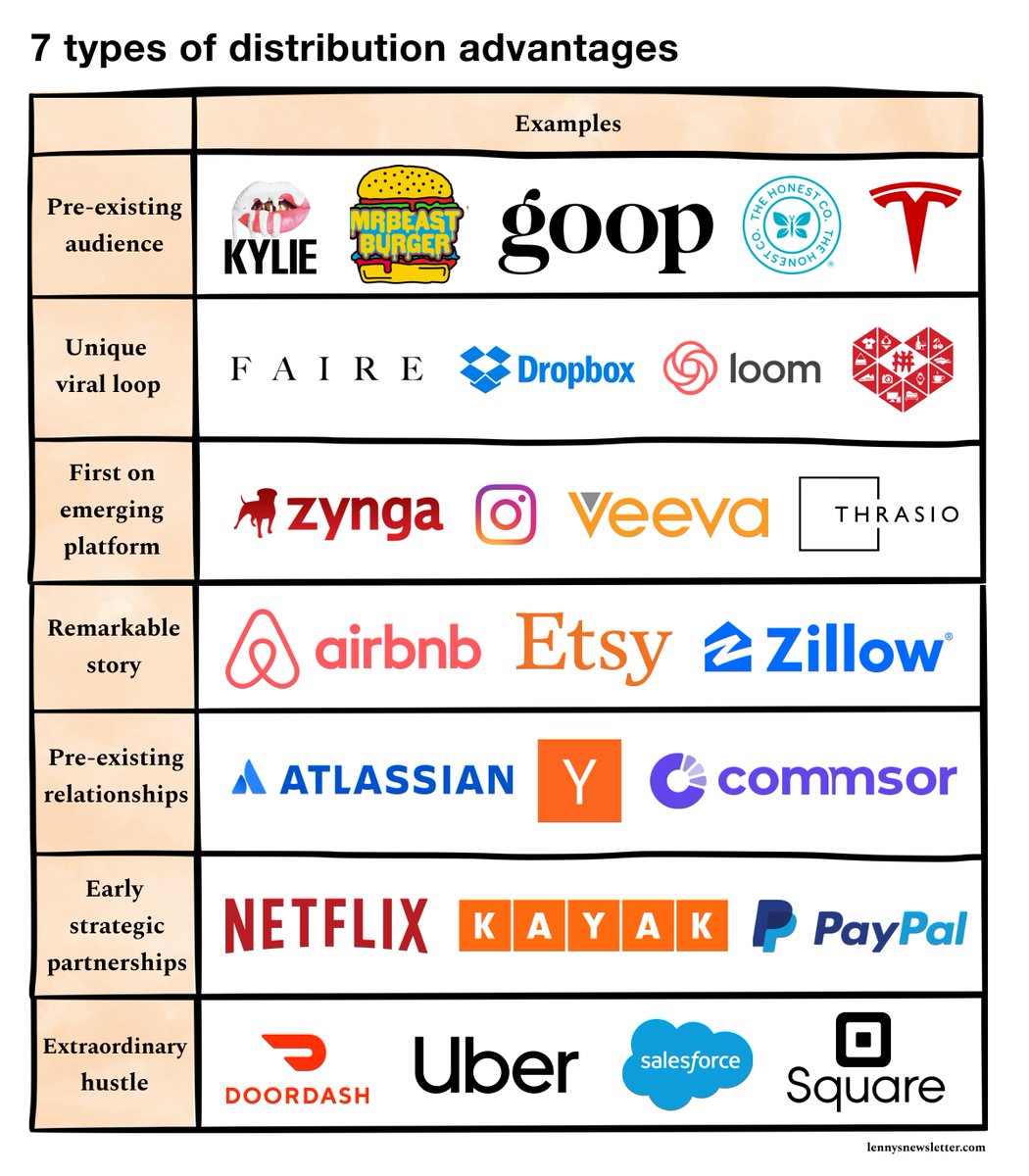
Founders, PMs, growth leaders—listen up: @Reforge just opened up applications for their Fall cohort. You should apply. There is no better way to take a step-function leap in your product/growth skills—all for one flat yearly fee. My 5 fav courses below 👇
program.reforge.com/apply?utm_sour…
program.reforge.com/apply?utm_sour…
1/ (New) Growth for Founders—Gain critical growth tools to help your company traverse the next leg of its growth journey.
reforge.com/growth-for-fou…
reforge.com/growth-for-fou…
2/ (New) Product Management Foundations—Build a foundational understanding of the product manager role, and learn the tools required to succeed as a product manager.
reforge.com/product-manage…
reforge.com/product-manage…
3/ Product Strategy—Build, communicate, and execute a cohesive product strategy across feature, growth, scaling, and innovation product work.
reforge.com/product-strate…
reforge.com/product-strate…
4/ Growth Series—The most comprehensive overview of the systems and frameworks that form the foundation of successful growth.
reforge.com/growth-series?…
reforge.com/growth-series?…
5/ Advanced Growth Strategy—A step-by-step system to create, analyze, and communicate a compounding growth strategy.
reforge.com/advanced-growt…
reforge.com/advanced-growt…
5/ Apply here by Sept 10th to get into the Fall cohort program.reforge.com/apply?utm_sour…
• • •
Missing some Tweet in this thread? You can try to
force a refresh








